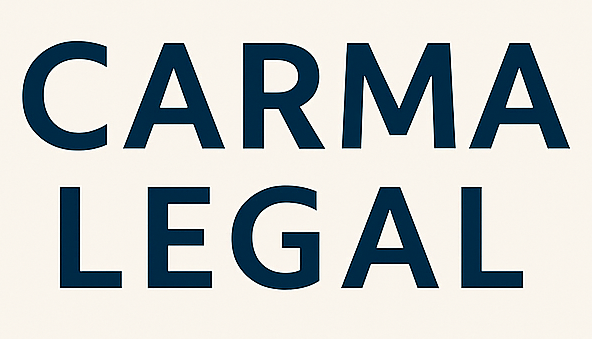You’ve just been in a collision, and the choices you make now can shape the outcome of your claim. If you’ve been injured in a car crash, consulting with an injury law firm car accidents is essential to protect your rights and secure the compensation you deserve. Acting quickly helps you navigate complex insurance procedures, meet critical deadlines, and build a compelling case.
Assess your injuries
Before you move vehicles or speak with other parties, check yourself and others for injuries. Even if you feel fine, some conditions—like whiplash, concussions or internal bleeding—may not show symptoms immediately. Call 911 and seek prompt medical evaluation if you notice any pain, dizziness or loss of consciousness [1]. Early documentation of your injuries also strengthens your claim down the road.
Document accident details
Gathering clear, accurate information at the scene can make or break your case.
Exchange driver information
- Full names, addresses, phone numbers
- Insurance carrier and policy number
- Vehicle make, model, license plate and driver’s license
Photograph the scene
- Damage from multiple angles
- Position of vehicles relative to road markings
- Skid marks, debris, traffic signals
- Road, weather and lighting conditions
Collect witness contacts, then write down everything you remember while it’s fresh—times, speeds, statements. This record will help your attorney reconstruct the collision accurately.
Report to your insurer
Notifying your insurance company promptly is not just policy—it’s often required by your contract.
- Call your agent or claims line within 24 hours
- Provide only basic facts; avoid speculation or assigning blame
- Ask about your coverage for rental cars, medical payments or uninsured motorist protection
Even if you think the other driver is at fault, filing a notice protects your rights if fault becomes disputed later.
Understand fault and liability
Liability in motor vehicle cases depends on evidence such as police reports, witness statements and scene photos. In some states, comparative negligence reduces your recovery if you share fault. For instance, if you’re found 20% responsible, your award may be cut by that percentage [2]. Knowing how fault is assessed helps you set realistic expectations.
Gather supporting evidence
A strong claim relies on well-documented proof:
- Official police report and crash diagram
- Emergency call logs and medical records
- Itemized bills for hospital, therapy and medications
- Pay stubs showing lost wages
- Repair estimates or totaled vehicle valuation
- Statements or video from surveillance cameras
Organize these into a folder or digital file you can share easily with your lawyer and the insurance adjuster.
Consult an injury law firm
You don’t have to handle this alone. A dedicated firm that focuses on auto collisions can:
- Evaluate your case with a free consultation
- Handle all paperwork and deadlines
- Negotiate with adjusters to boost your settlement
- Connect you with medical providers and support groups [3]
- Represent you in court if needed
An experienced auto accident attorney brings objectivity and legal know-how, ensuring minor oversights don’t cost you thousands.
Maximize your compensation
Understanding the types of damages helps you and your lawyer set goals.
| Damage type | Description | Examples |
|---|---|---|
| Economic damages | Out-of-pocket financial losses | Medical bills, lost wages, vehicle repair |
| Non-economic damages | Subjective losses without a fixed dollar value | Pain and suffering, emotional distress |
| Punitive damages | Awards to punish gross negligence | DUI crashes, intentional wrongdoing |
Economic costs are straightforward to calculate. For non-economic losses, insurers often use the multiplier method—multiplying actual expenses by 1.5–5 based on injury severity [4]. In cases of gross negligence, you may pursue punitive awards as well.
Navigate legal deadlines
Every state sets a statute of limitations for personal injury claims—often two years from the accident date. Missing this deadline can bar you from court [4]. Your attorney will file the necessary paperwork on time and handle any extensions if your case involves government entities.
Choose the right attorney
Not all lawyers deliver the same results. Look for:
- Proven track record in car, truck or rideshare cases
- Trial experience and high settlement history
- Clear communication and responsiveness
- Transparent fee structure (most work on contingency)
- Positive client testimonials
If you were injured in a rideshare accident, a specialized rideshare accident lawyer or uber accident lawyer can navigate unique coverage issues. For commercial truck collisions, seek a truck accident lawyer familiar with federal regulations.
Take next steps
- Continue your medical care and follow all treatment plans
- Compile your documentation in one place
- Schedule a free evaluation with a qualified car accident attorney
- Stay off social media discussions of your case
By acting swiftly—documenting meticulously and enlisting skilled representation—you position yourself for the best possible outcome. Your recovery, both physical and financial, starts with the right legal team in your corner.








